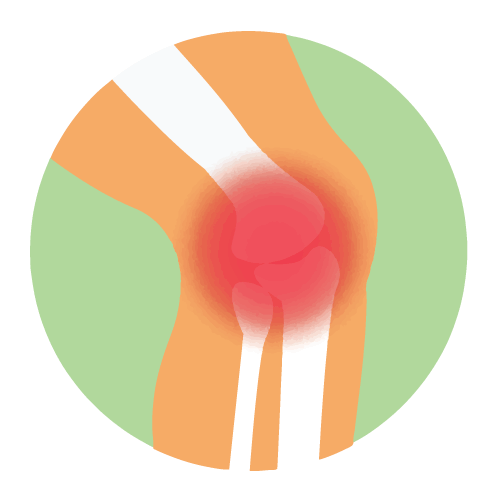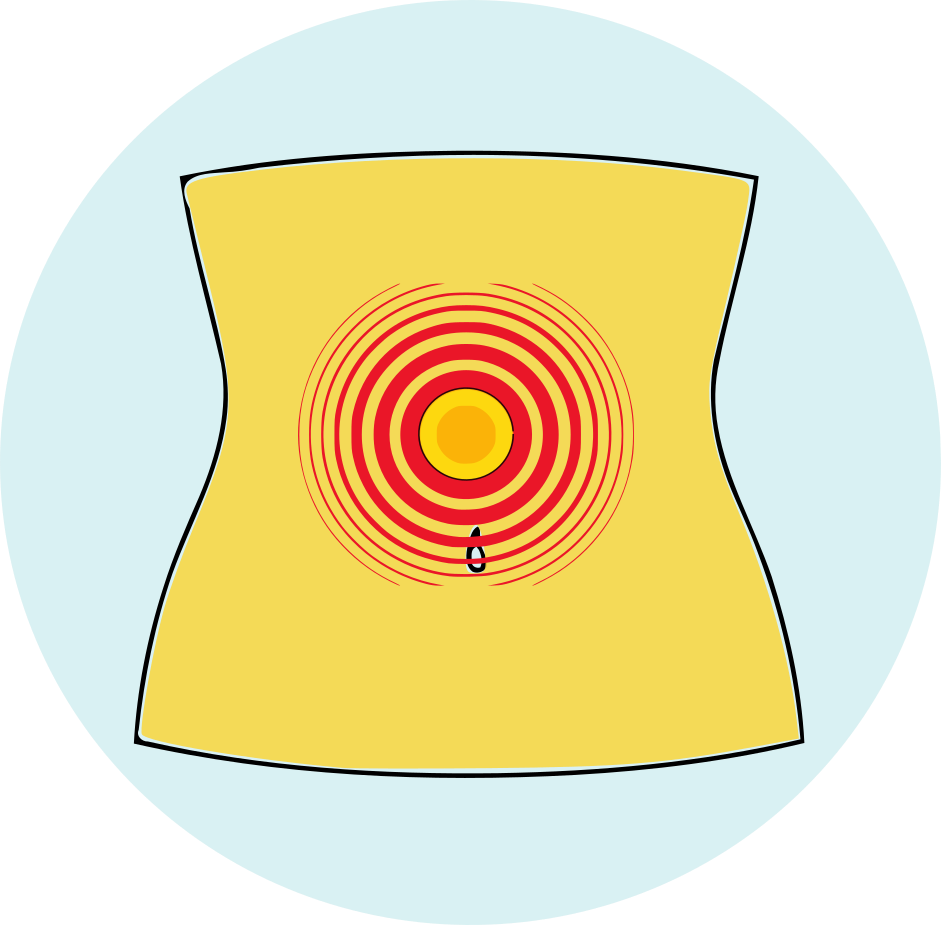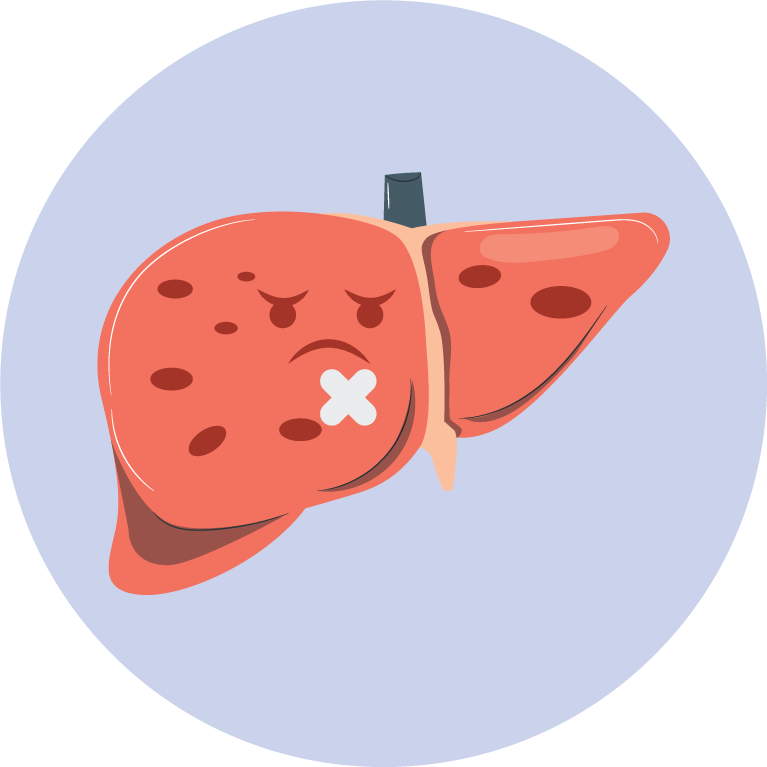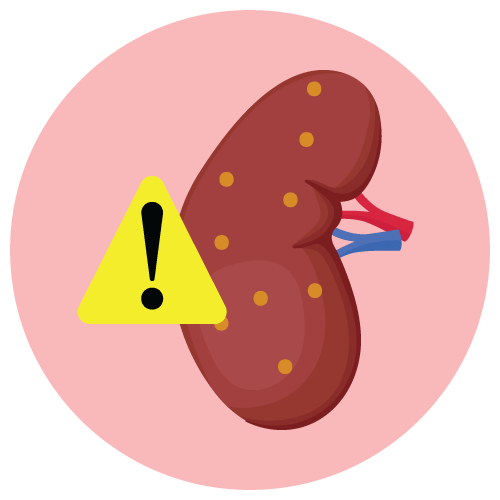| Name | Diacerein |
| Classes |
Antirheumatic |
| Diseases |
Inflammatory Disease Osteoarthritis Pain Swelling |
Diacerein
Diacerin is a prescription medication classified as a symptomatic slow-acting drug for osteoarthritis (SYSADOA). It exerts its therapeutic effects through its active metabolite, rhein, which has demonstrated anti-inflammatory, antioxidant, and chondroprotective properties. Diacerin helps alleviate the symptoms of osteoarthritis by inhibiting the production of pro-inflammatory mediators and stimulating the synthesis of cartilage components.
Diacerin is indicated for the symptomatic treatment of osteoarthritis in adults. It can be used to manage pain, improve joint function, and enhance mobility associated with this degenerative joint condition.
The recommended dosage of Diacerin is 50 mg taken orally once daily, preferably with a meal. The tablet should be swallowed whole without chewing or crushing. It is important to adhere to the prescribed dosage and follow the instructions provided by the healthcare professional.
Common side effects associated with Diacerin may include:
- Gastrointestinal disturbances (such as diarrhea, abdominal pain, nausea, and flatulence)
- Skin rashes or allergic reactions (including itching, hives, or swelling)
- Headache
- Dizziness
- Abnormal liver function tests (rare)
- Elevation of blood uric acid levels (rare)
Before initiating treatment with Diacerin, the following precautions and warnings should be considered:
- Hepatic Impairment: Caution is advised in patients with pre-existing liver disease or impaired liver function. Periodic monitoring of liver function tests is recommended during treatment. Discontinue Diacerin if signs of liver dysfunction (such as elevated liver enzymes) occur.
- Renal Impairment: Use Diacerin with caution in patients with significant renal impairment. There is limited data available regarding its use in this patient population.
- Pregnancy and Lactation: The safety of Diacerin during pregnancy and lactation has not been established. It is not recommended for use in pregnant or breastfeeding women unless the potential benefits outweigh the risks. Consult a healthcare professional before using Diacerin in these situations.
- Pediatric Use: The safety and efficacy of Diacerin in children and adolescents have not been established. Its use in this age group is not recommended.
- Drug Interactions: Diacerin may interact with certain medications, including antacids containing magnesium or aluminum hydroxide. These antacids should be taken at least 2 hours before or after Diacerin administration to avoid potential interactions.
- Hypersensitivity Reactions: Cases of hypersensitivity reactions, including severe skin reactions, have been reported with Diacerin use. Discontinue the medication if any signs of a severe allergic reaction (such as rash, swelling, or difficulty breathing) occur and seek immediate medical attention.
Contraindication
Diacerin is contraindicated in patients with Known hypersensitivity or allergy to Diacerin or any of its components.
None known.
Diacerin is contraindicated in the following situations:
- Severe liver impairment or active liver disease.
- Severe kidney impairment (creatinine clearance <30 mL/min).
- Pregnancy and breastfeeding (unless the potential benefits outweigh the risks).
 Bangla
Bangla English
English







